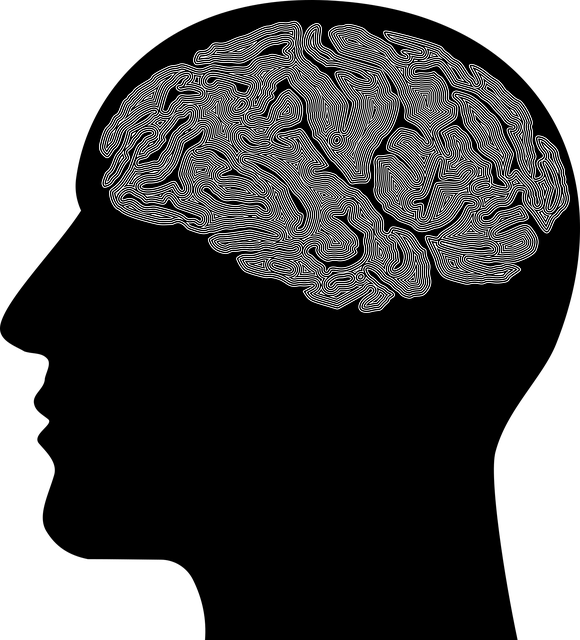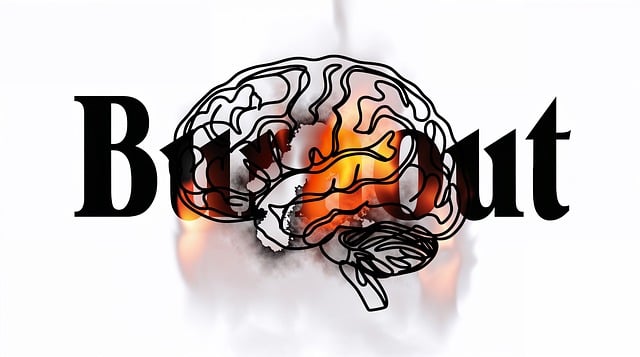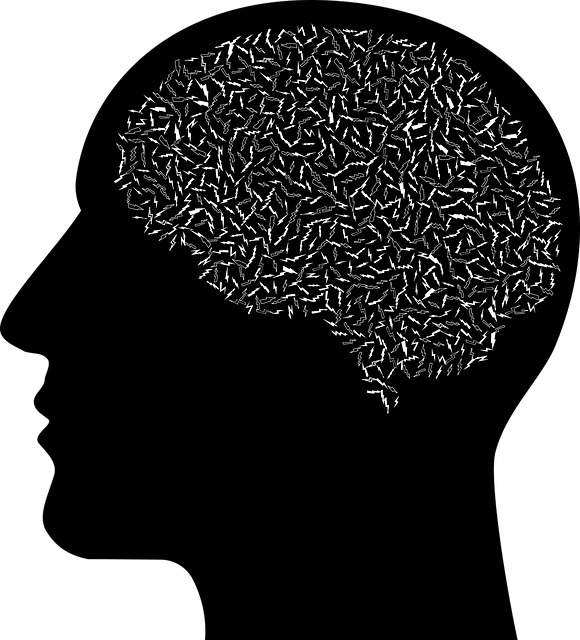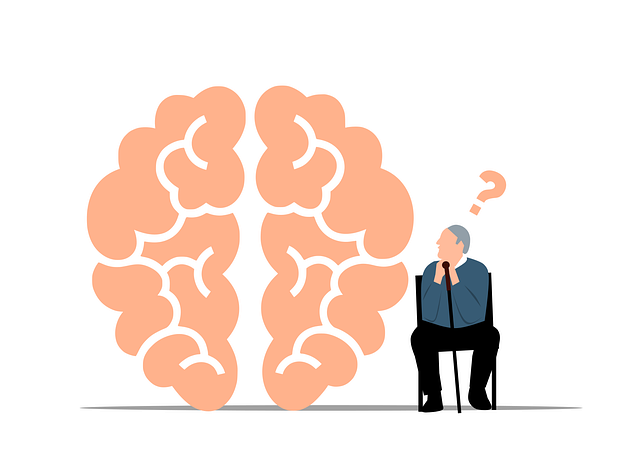In diverse Boulder, cultural competency in healthcare is vital for effective patient care, especially regarding mental health issues. Organizations advocate for culturally sensitive therapy, addressing communication issues in couples' therapy with tailored interventions. Biases and stereotypes can hinder progress and lead to disparities, so self-care and training are key. Strategies like Compassion Cultivation Practices and Conflict Resolution Techniques improve therapist-patient interactions. Culturally competent Boulder couples' therapy successfully enhances emotional regulation and relationship strength, preventing burnout while fostering open dialogue.
Healthcare provider cultural competency training is an essential component of modern patient care, especially in diverse communities like Boulder. Effective communication bridges gaps and improves outcomes, as seen in addressing Boulder Couples Communication Issues through therapy. This article explores the critical need for cultural competency in healthcare, delves into the impact of biases and stereotypes on patient experiences, presents strategies to enhance provider skills, and shares inspiring case studies from Boulder.
- Understanding Cultural Competency in Healthcare: A Need for Effective Communication
- The Impact of Cultural Biases and Stereotypes on Patient Care
- Strategies for Training Healthcare Providers to Overcome Communication Barriers
- Case Studies: Success Stories of Culturally Competent Therapy in Boulder Couples Communication Issues
Understanding Cultural Competency in Healthcare: A Need for Effective Communication

Cultural competency in healthcare is a critical aspect that goes beyond simply treating patients; it involves understanding and appreciating the diverse cultural backgrounds, beliefs, and values of individuals seeking medical care. In today’s diverse society, healthcare providers in Boulder and across the nation must be adept at navigating various cultural nuances to offer effective communication and quality patient care. Effective communication forms the cornerstone of successful healthcare delivery, ensuring that patients feel heard, respected, and understood.
This is particularly important when addressing issues like depression prevention and stress management, which can vary significantly based on cultural context. For instance, a patient’s approach to mental health may differ greatly between different ethnic groups or religious communities. Therapy and counseling sessions must be tailored to recognize these differences, ensuring that the interventions are culturally sensitive and relevant to the individual’s unique experiences and perceptions. Organizations like those focused on Mental Health Policy Analysis and Advocacy play a vital role in promoting cultural competency by shaping policies and initiatives that support diverse populations, ultimately improving healthcare outcomes for everyone.
The Impact of Cultural Biases and Stereotypes on Patient Care

In the healthcare sector, cultural biases and stereotypes can significantly impact patient care, often leading to miscommunication and misunderstandings. These preconceived notions about different ethnic, cultural, or social groups can cause healthcare providers in Boulder to make assumptions about a patient’s preferences, symptoms, or behaviors, leading to inaccurate diagnoses and ineffective treatment plans. For instance, a therapist addressing couples with communication issues might unintentionally perpetuate stereotypes that affect their approach, potentially hindering progress in therapy.
Stereotypes and biases may also contribute to health disparities, as healthcare providers’ perceptions can influence the quality of care offered to diverse patient populations. This is particularly concerning when dealing with sensitive topics like mental health. Encouraging self-care routine development for better mental health and implementing burnout prevention strategies for healthcare providers can help mitigate these issues. Self-awareness exercises can play a pivotal role in this process, allowing professionals to recognize their biases and adapt their practices to meet the unique needs of every patient, ensuring more inclusive and effective healthcare services, especially within the context of Boulder’s diverse community.
Strategies for Training Healthcare Providers to Overcome Communication Barriers

Effective training for healthcare providers should incorporate diverse strategies to overcome communication barriers, especially when addressing sensitive topics like Boulder couples’ communication issues therapy. One powerful approach is integrating Compassion Cultivation Practices (CCP) into the curriculum. CCP encourages empathy and understanding, enabling providers to connect more deeply with patients from various cultural backgrounds. This can significantly enhance care delivery by reducing defensiveness and improving patient-provider interactions.
Moreover, Mental Health Education Programs Design should focus on Conflict Resolution Techniques to navigate challenging conversations without exacerbating existing issues. Role-playing scenarios, group discussions, and case studies can provide providers with practical skills for de-escalation and constructive dialogue. By mastering these techniques, healthcare professionals in Boulder can better serve couples facing communication hurdles, fostering a more inclusive and supportive therapeutic environment.
Case Studies: Success Stories of Culturally Competent Therapy in Boulder Couples Communication Issues

In Boulder, culturally competent therapy has emerged as a game-changer for couples navigating communication issues. Case studies highlight successful interventions where therapists tailored their approaches to respect and embrace diverse cultural backgrounds, leading to improved emotional regulation and stronger relationships. By incorporating cultural sensitivity in mental healthcare practice, these professionals have not only prevented burnout but also fostered an environment that encourages open dialogue and mutual understanding. This holistic approach ensures that Boulder couples receive care that addresses both individual and collective needs, ultimately enriching their therapeutic journey.
The stories from Boulder couples demonstrate the profound impact of culturally competent therapy on addressing communication barriers. Through tailored strategies, therapists have helped partners express themselves more effectively, foster empathy, and develop coping mechanisms for stress and conflict. This personalized approach not only enhances the quality of care but also deepens the connection between clients and their healers, creating a supportive ecosystem conducive to emotional growth and improved relationships.
Healthcare provider cultural competency training is a vital step towards enhancing patient care, especially in diverse communities like Boulder. By recognizing and addressing communication barriers stemming from cultural biases and stereotypes, healthcare professionals can significantly improve outcomes for patients from various backgrounds. The case studies presented on Boulder Couples Communication Issues Therapy demonstrate the power of culturally competent approaches, emphasizing the need for ongoing training and education in this critical area. Through effective strategies and a commitment to understanding different cultures, healthcare providers can foster inclusive environments that lead to improved patient satisfaction and health outcomes.














